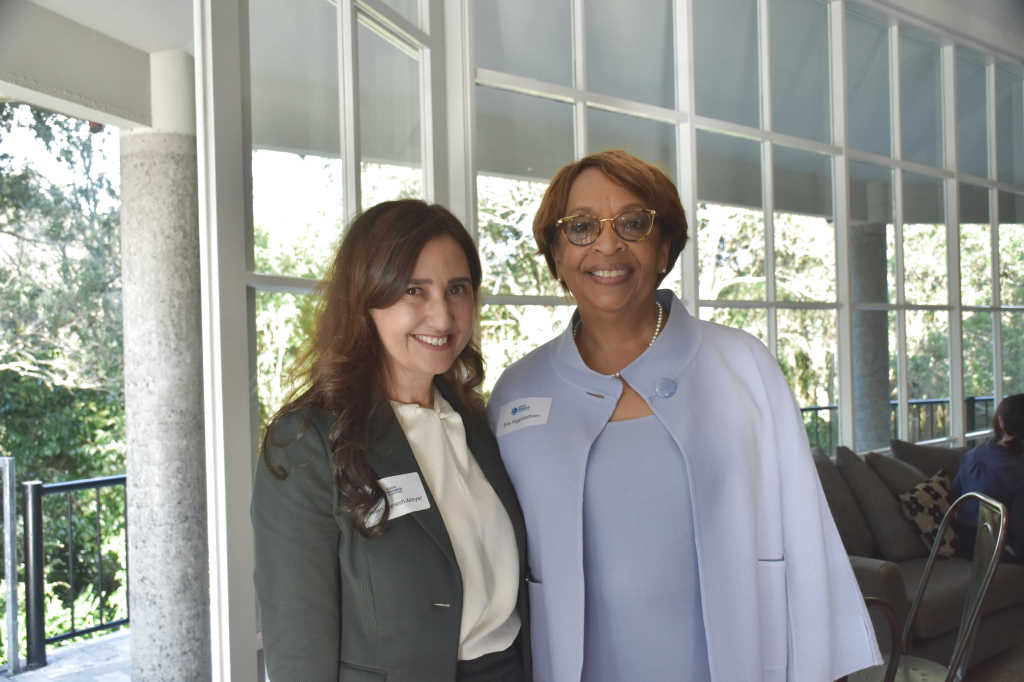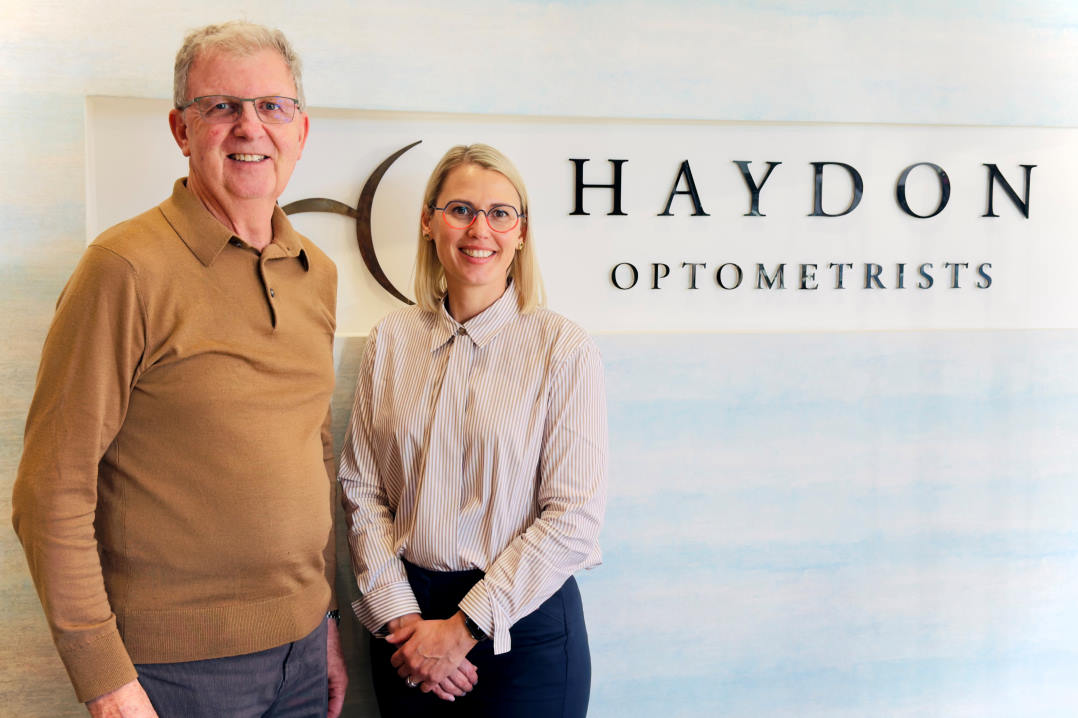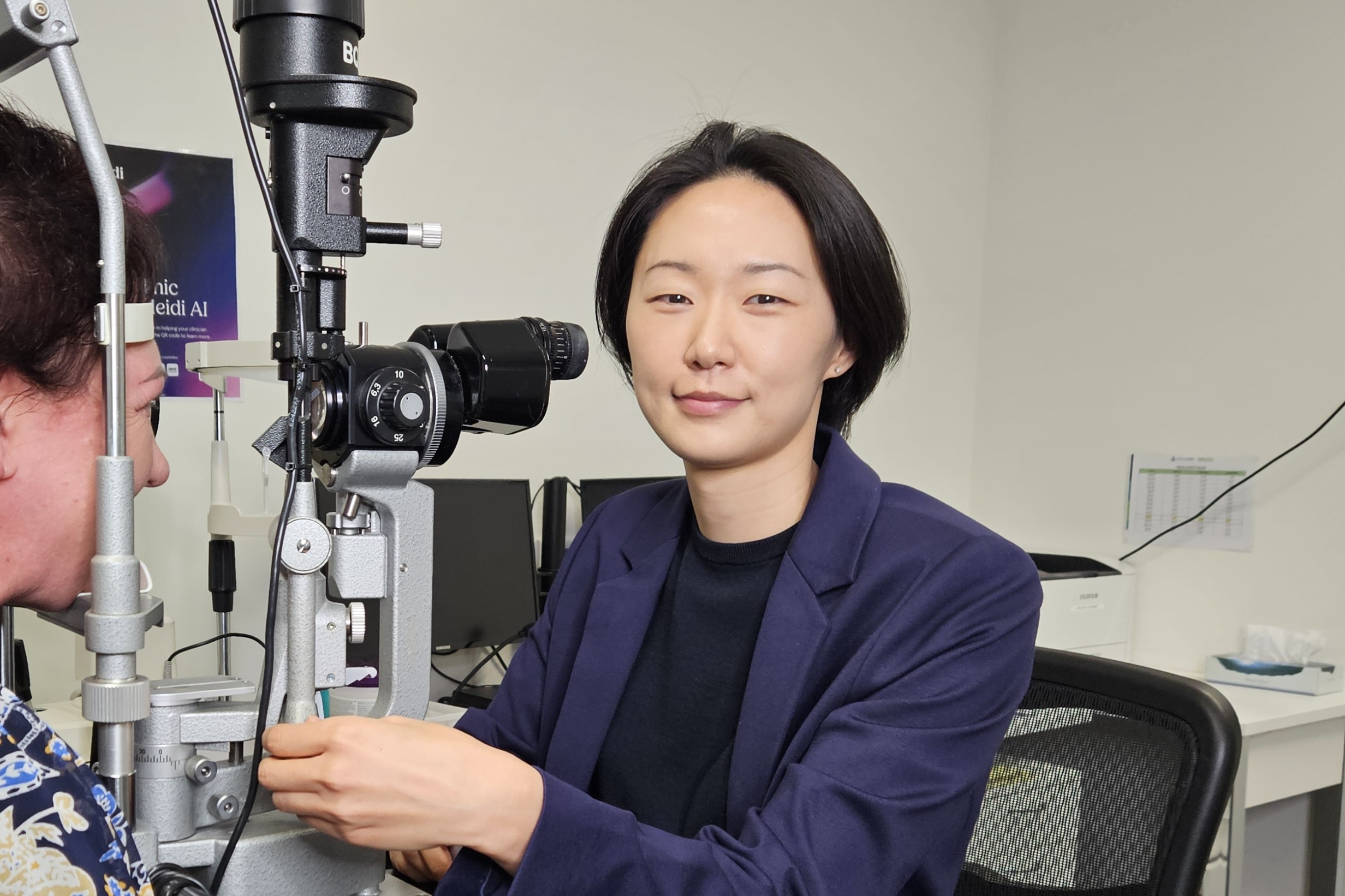House of medicine culture – why it matters
ONLINE-ONLY HOTLINK: www.nzoptics.co.nz/articles/archive/new-surgery-studentship-supports-w%C4%81hine/
Culture is vital in medicine, for the individual health professional, the wider medical community and ultimately for patients, said Professor Eve Higginbotham from Penn Medicine, Philadelphia, US.
Talking at a recent Auckland seminar organised by Vision Research Foundation (VRF), the inaugural vice dean for inclusion and diversity at the Perelman School of Medicine at Pennsylvania University, is clearly passionate about this topic. Calling for a dynamic, respectful and inclusive culture, women are leaving this profession, not because they are lacking in talent but because of the lack of support, she said. “Although culture impacts everyone differently, ultimately, a non-supportive culture leads to dropouts with personal, collective and economic costs in its wake.”
Dr Higginbotham, who's also professor of ophthalmology at Penn and a senior fellow at the Leonard Davis Institute for Health Economics, shared her own experiences, highlighting the key role leadership plays in creating an environment of appreciation, inclusiveness, vision and purpose. She also discussed the significant impact mentors and sponsors can have on a person’s career progression, urging senior health professionals to "lift while you climb".
Encouraging everyone to believe in themselves to create change, in their own careers as well as the wider community, she left us with a quote from Dr Martin Luther King Jr. “If you can't fly, then run. If you can't run, then walk. If you can't walk, then crawl. But whatever you do, you have to keep moving forward.”
Wāhine Māori in surgery
VRF’s first summer student and third-year medical student Makayla Kahi shared some disturbing statistics from her award-winning recent survey of wāhine Māori in Surgery*. In New Zealand, there are 673 (4.3%) doctors and 14 surgeons who identify as Māori. With only about 18% of New Zealand surgeons being women, Kahi said wāhine Māori in surgery are almost non-existent.
In her survey, two out of three Māori medical students said they had experienced or seen racism at medical school and 80% agreed that the ‘atmosphere and work culture of a surgical discipline’ had discouraged their interest. Adding to the challenges, 60% of wāhine Māori respondents said they are working up to 30 hours per week, alongside their academic studies. Supporting Māori women to advance in medical careers can create positive, long-term, intergenerational effects on whānau and entire communities, Kahi concluded.
Driving home from the Orakei Bay Conference Centre, it struck me that with women such as the incredibly accomplished Prof Higginbotham and the inspirational Kahi in the field, there’s a distinctly, more positive outlook for the house of medicine culture.
*Kahi won best poster at the Pūhoro STEMM Academy Hui (Pūrau or STEMM is a kaupapa Māori approach to science, technology, engineering, mathematics and mātauranga).
























